Authored by Amit Vinayak, Barrister & Solicitor, Law Society of Ontario, Member of CILA
Canada’s refugee determination system is internationally respected for its fairness and humanitarian approach. However, the system is not immune to abuse, and fraudulent claims can undermine its integrity, divert resources, and erode public trust. This article examines the legal framework under the Immigration and Refugee Protection Act (IRPA), highlights key cases, and considers reforms to address fraud in Canada’s refugee process.
Legal Framework: Key IRPA Provisions
The IRPA provides a comprehensive structure to both protect genuine refugees and deter fraudulent claims:
- Section 96 defines a “Convention refugee” as someone with a well-founded fear of persecution based on race, religion, nationality, membership in a particular social group, or political opinion. Fraudulent claimants may fabricate narratives to fit these criteria.
- Section 97 extends protection to individuals at risk of torture, death, or cruel and unusual treatment if returned to their country. Some may exaggerate or invent such risks.
- Section 101 sets out grounds for ineligibility, including prior claims or security concerns. Fraudulent claimants may conceal previous applications or misrepresent their history to circumvent this section.
- Section 106 governs hearing procedures before the Refugee Protection Division (RPD), empowering it to scrutinize evidence and witness credibility.
- Section 107 directs the RPD to assess whether a claimant is a Convention refugee or a person in need of protection, with a focus on credibility and corroboration.
- Section 117 criminalizes organizing, inducing, aiding, or abetting illegal entry into Canada, targeting human smuggling operations that often facilitate fraudulent claims.
- Section 133 guarantees the right to counsel, ensuring claimants can be represented, while also placing responsibility on counsel to avoid facilitating fraud.
Case Law: Application of the Law
Canadian courts and tribunals have rigorously applied these provisions to address fraud:
- In Canada (Citizenship and Immigration) v. Khosa, 2009 SCC 12, This Supreme Court of Canada decision is significant for clarifying the standard of review applicable to decisions of the Immigration Appeal Division (IAD) under section 67(1)(c) of the Immigration and Refugee Protection Act (IRPA).
Facts: Sukhvir Singh Khosa, an Indian citizen who immigrated to Canada at age 14, was found guilty of criminal negligence causing death. A removal order was issued, which he appealed to the IAD seeking special relief on humanitarian and compassionate grounds. The IAD denied relief, and the Federal Court dismissed his judicial review application. The Federal Court of Appeal set aside the IAD’s decision, applying a reasonableness standard and finding the decision unreasonable.
Issue: The primary issue was the appropriate standard of review for IAD decisions under section 67(1)(c) of the IRPA and whether the Federal Court of Appeal erred in interfering with the IAD’s decision.
Legal Principles: The Court affirmed that, following Dunsmuir, there are two standards of review: correctness and reasonableness. For IAD decisions under section 67(1)(c) of the IRPA, the reasonableness standard applies, requiring deference from reviewing courts. This means courts should not reweigh evidence or substitute their own solutions but must determine if the outcome falls within a range of reasonable, defensible outcomes. Factors pointing to reasonableness include the presence of a privative clause, the IAD’s purpose, the nature of the question, and the IAD’s expertise in immigration policy.
Decision: The Supreme Court allowed the appeal, restoring the IAD’s decision to deny special relief. It found that the IAD had properly considered all relevant factors and that its decision was within the range of reasonable outcomes, thus there was no basis for the Federal Court of Appeal to interfere (Canada (Citizenship and Immigration) v. Khosa at paras 1, 36, 59, 64, 67-68).
- In Hodanu v. Canada (Citizenship and Immigration), 2011 FC 474, the Federal Court upheld the RPD’s refusal of a claim based on inconsistent and unreliable identity documents, affirming the onus on claimants to establish identity under section 106.
Facts: The claimant submitted inconsistent and unreliable identity documents. The RPD found the evidence insufficient to establish identity under section 106 of the Immigration and Refugee Protection Act (IRPA).
Issue: Whether the Refugee Protection Division (RPD) erred in rejecting the claimant’s refugee application due to identity concerns.
Legal Principle: Refugee claimants must provide credible and consistent documentation to prove their identity; failure to do so justifies refusal of the claim.
Decision: The Federal Court upheld the RPD’s decision, affirming that the burden of proof lies with the claimant to establish identity.
- In Warsame v. Canada (Citizenship and Immigration), 2016 FC 596, the court supported the RPD’s finding of a “manifestly unfounded” and “clearly fraudulent” claim, citing forged documents and a fabricated narrative.
Facts: The claimant presented forged documents and a fabricated narrative regarding clan membership and persecution in Somalia. The RPD found the claim to be fraudulent
Issue: Whether the RPD’s finding of a “manifestly unfounded” and “clearly fraudulent” claim was reasonable.
Legal Principle: Fraudulent claims—especially those involving forged documents—can be summarily dismissed as manifestly unfounded under IRPA.
Decision: The Federal Court upheld the RPD’s decision, emphasizing the importance of credibility and authenticity in refugee claims.
- In Hadi v. Canada (Citizenship and Immigration), 2018 FC 590, the court upheld the RPD’s analysis regarding the applicant’s failure to establish identity, despite remitting the “no credible basis” finding for redetermination.
Facts: The applicant failed to provide sufficient documentation or consistent testimony to support his identity and narrative of persecution.
Issue: Whether the RPD erred in rejecting the refugee claim due to failure to establish identity and credibility.
Legal Principle: Inconsistent testimony and lack of corroborating evidence undermine credibility and justify refusal of refugee protection.
Decision: The Federal Court upheld the RPD’s analysis, reinforcing the requirement for claimants to substantiate their identity and story.This 2018 Federal Court decision involved an applicant whose refugee claim was denied because she failed to establish her identity and the RPD found “no credible basis” for her claim under section 107(2) of the IRPA. The applicant used a non-genuine passport to enter Canada and failed to provide sufficient documentation or a credible explanation for the lack thereof, as required by section 106 of the IRPA. While the court remitted the “no credible basis” finding for redetermination due to insufficient reasoning, it upheld the RPD’s analysis regarding the applicant’s failure to establish identity (at paras 1, 4, 10, 15, 20, 28, 52, 54-55).
Procedural Safeguards and Challenges
Sections 106 and 107 empower the RPD to conduct thorough hearings and credibility assessments. Officers are trained to detect inconsistencies, verify documents, and cross-reference information with international databases. Nevertheless, sophisticated fraud schemes and resource constraints remain ongoing challenges.
Reform: Strengthening System Integrity
To further protect the refugee process, reforms should focus on:
- Enhanced Verification: Leveraging technology and international cooperation to verify documents and identities.
- Stronger Enforcement: Continued prosecution under section 117 to deter human smuggling and organized fraud.
- Education and Training: For both claimants and counsel, emphasizing the consequences of fraud and the importance of truthful disclosure.
- Procedural Improvements: Streamlining hearings under sections 106 and 107 to ensure timely and fair resolution of claims.
Conclusion
Sections 96, 97, 101, 106, 107, 117, and 133 of the IRPA collectively provide a robust framework to address fraud in Canada’s refugee process. Through rigorous application of these provisions and ongoing reform, Canada can maintain a refugee system that is both compassionate and credible.
Disclaimer:
The content provided in this article is intended for general informational purposes only and does not constitute legal advice. Readers should not act upon any information contained herein without first seeking appropriate legal or professional counsel based on their individual circumstances. The author and the publisher disclaim any liability in connection with the use of this information.



